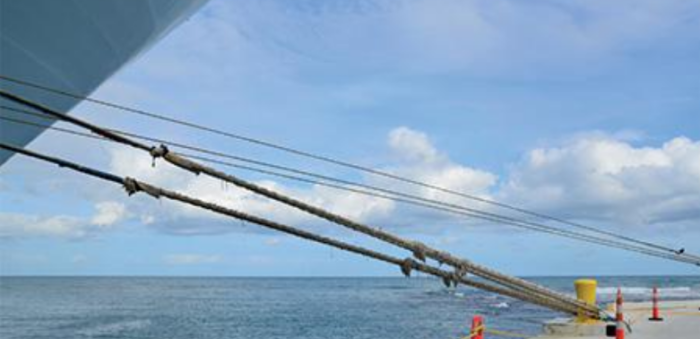The International Transport Forum released a report, reviewing port-based incentive schemes to reduce shipping emissions, such as environmentally differentiated port fees.
Many of these measures focus on ship design and operations. However, are important in facilitating the reduction of shipping emissions. The report wants to determine how the financial incentives at the port level could provide important lessons for the design of decarbonisation policies for the maritime sector. It also presents the port-based incentives currently in place, and explores their features and impacts.
The report found that many port-based financial incentives mitigate GHG emissions today. The most common financial incentive used is the environmentally differentiated port fee. This is used by about 28 of the 100 largest ports in terms of total cargo volume handled and container volumes handled. This leads to reduction of port fees for ships that are considered environmentally friendly.
For example, the Panama Canal Authority provides priority slot allocation to greener ships, while Spain includes environmental incentives in the tender and license criteria for the towage services provided in ports.
[smlsubform prepend=”GET THE SAFETY4SEA IN YOUR INBOX!” showname=false emailtxt=”” emailholder=”Enter your email address” showsubmit=true submittxt=”Submit” jsthanks=false thankyou=”Thank you for subscribing to our mailing list”]
However, little is known about their actual impact. The lack of data notwithstanding is an indication that financial incentives is still fairly low and a few ships are benefitting from them schemes. Moreover, the difference in fees for the dirtiest and cleanest ships is usually small. Namely, only five ports measure GHG emissions to provide a substantial part of the index criteria.
As a result, more emphasis is needed on monitoring, reporting and verification of the impacts of these measures. Furthermore, more can be done to protect the “polluter pays” principle.
In order to tackle this issue, the International Transport Forum proposed the following:
- Acknowledge the important role of ports in mitigating shipping emissions: The role of port-based incentives deserves acknowledgement in the IMO Initial GHG Strategy, due in 2018.
- Expand port-based incentives for low-emission ships: Green port fees could be more effective if more ships and ports were covered by such
schemes. - Link port-based incentives to actual emissions: Improved data collection at the ship level makes it possible to accurately estimate
GHG emissions of individual ships. - Move to a more harmonised application of green port fees: Higher rates of differentiation between vessels based on their environmental performance could lead the maritime sector to decarbonise faster.
See more information in the PDF herebelow
































































